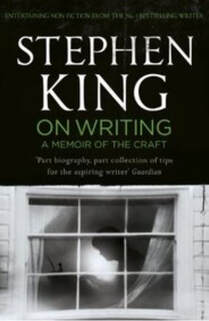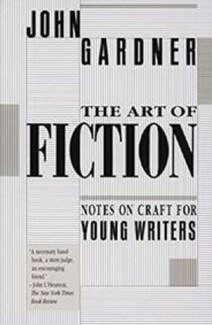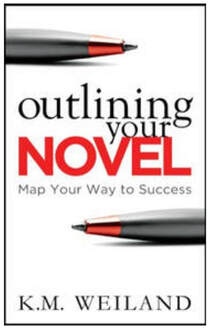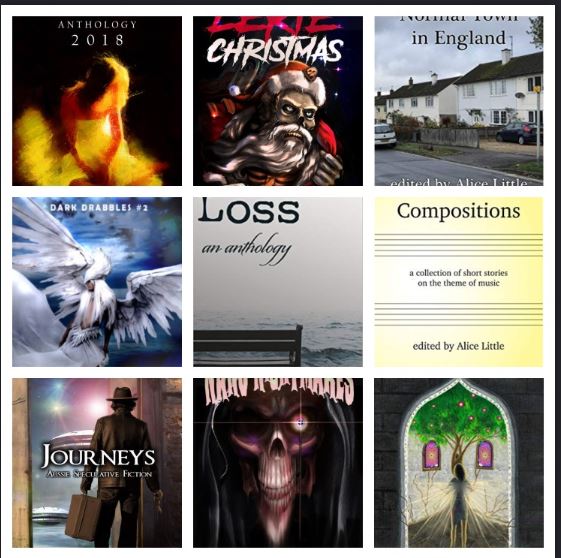|
Photo by @AliceLamWriter There are so many podcasts that I found it hard to choose my favourites. Here's a list of the ones I have found most thought-provoking and practical: I've spent countless hours listen to David Naimon's Between The Covers in association with Tin House (intelligent and incisive interviews and in-depth discussions with an incredible range of top-quality authors) and The New Yorker's Fiction Podcast (short fiction narrated then discussed in an interview-style by another author). For sci-fi writers (and illustrators), you're in for a treat if you tune into Writers of The Future podcast. Great interviews and discussion, always something to learn or to help drive you towards your writing goal. Leslie Watt's Writership Podcast, Clark Chamberlain's The Book Editor Show, K.M.Weiland's pragmatic podcast Helping Writers Become Authors, Joanna Penn's The Creative Penn, Writing Excuses (hosts include Brandon Sanderson - I have yet to listen to this one but is widely praised, and I expect it will be excellent having watched several of Brandon's online lectures), Kelton Reid's Writer Files, and Shawn Coyne's Story Grid. Recently I discovered the Story Makers Podcast, an intelligent, in-depth series of interviews with writers, poets, screenwriters, playwrights and journalists. Thank you Elizabeth Stark and Angie Powers for this high-energy, thoughtful offering. And if you happen to have an interest in crime fiction writing, please tune into Adam Richardson's informative and entertaining Writer's Detective podcast for Q&As with a seasoned police detective; I'm over the moon to have Adam kindly answer my question in episode 34! And I thoroughly recommend the University of Iowa's International Writing Program (IWP). They have just recently made available free, flexible distance learning modules - ranging from "How Writers Write Fiction / Poetry" to "Stories of Place" and "Hidden Meanings" and much more. A fantastic resource, especially during the pandemic and increased social distancing. I've personally read these books and found them to be practical yet easy to read, and thought-provoking. They have all had incredibly positive effects on my writing as well as being entertaining reads. For anyone writing fiction, or just interested in what makes fiction writers tick, you won't regret picking any of these.
|
AuthorAs with all content on this website, this blog has also written by Alice Lam. ArchivesCategories
All
|













 RSS Feed
RSS Feed
